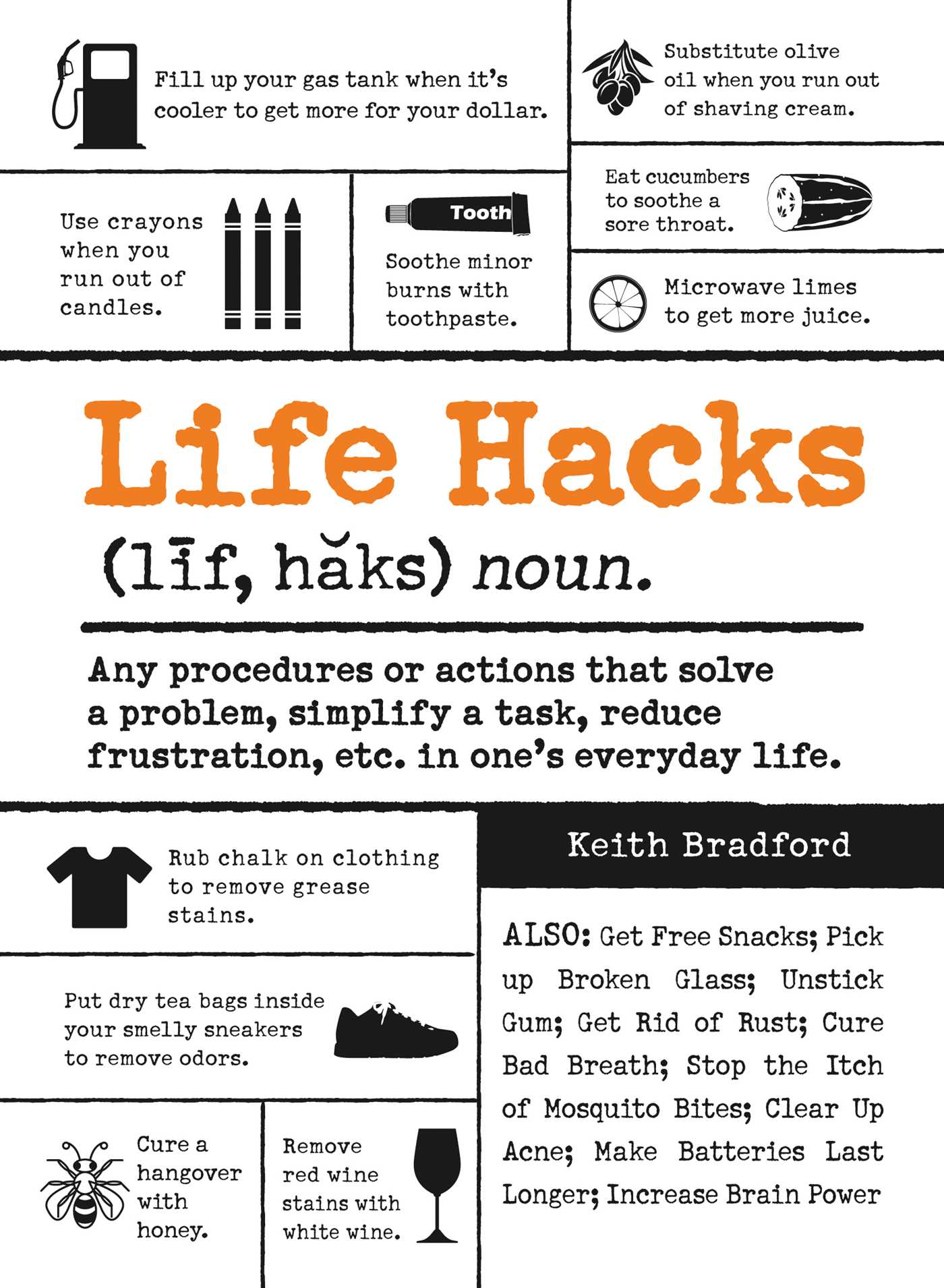
First time in New York city with 3 friends we went to a concert.

Upvotes Follow Unfollow 1 year ago (edited) "It takes time and effort to think about the processes of work at the same time as the content of our work," Graham continued, "so either if we’re feeling lazy or we’re just dealing with a fast paced environment, we tend to avoid thinking about the processes of work and just focus on getting through the day with the least effort." Graham answered, "Habits, by their nature, are ‘effortless’, meaning we don’t have to think too much and act mostly on a kind of autopilot, which is a convenient and sometimes essential way of dealing with the pace and complexity of work." I asked him why we get stuck in our routines, even if there's better way to complete them. Graham Allcott also explained further about our habits. He explains by saying, “They don't seem like much on any given day, but over the months and years their effects can accumulate to an incredible degree.” In the book, James calls habits: “the compound interest of self-improvement”. I remembered James Clear’s advice from his book Atomic Habits. Once you get into them, though, they’re hugely beneficial. Learning new habits such as these life hacks can take some brain reprogramming, of sorts. If it’s scary, we need to look at how we can use things like deadlines or accountability, and if it’s tedious, we need to find a way to make it more enjoyable (like allowing yourself to watch some Netflix while you file your expense receipts)." "If it’s undefined, we need to break the task or project down into tangible next steps and endpoints so that it’s clearer. David said, "If something is difficult, it’s about replacing that item on our to-do list with the training or advice we need to overcome the difficulty." He continues with how we can avoid each of the points on his D.U.S.T. So it’s important to try and understand what the root cause is." "Usually procrastination occurs because the survival part of our brain, the amygdalla, or ‘lizard brain’, is very good at steering us towards avoiding stuff that we’re scared of or don’t want to do. – so is the thing difficult, undefined, scary or tedious." He explains it brilliantly: "I use an acronym to diagnose where procrastination comes from: D.U.S.T. I asked Graham what makes people procrastinate so often. Graham is an author, speaker and podcaster, who encourages everyone to do their best work.

Bored Panda spoke to Graham Allcott, founder of Think Productive.


 0 kommentar(er)
0 kommentar(er)
